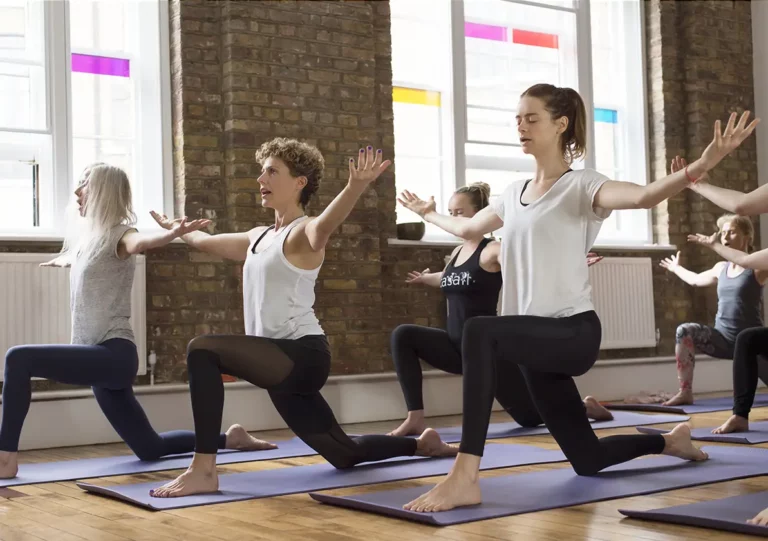I’m writing this on time to talk day, a day when we’re encouraged to speak about mental health.
So what is mental health and what comes to mind for you when you hear this term?
When we think of physical health, we often automatically think of it in a positive way. Why is it, then, that when we talk about mental health we often think of it in negative terms i.e. poor mental health or mental illness?
It may be 2021, but stigma, discrimination and ignorance still exist around mental wellbeing. This affects the way we think and act around mental health, and it’s also why it’s vital to talk about this issue.
Many common mental health conditions are easily treatable. Recovery is not only possible but likely, especially when caught early. Stigma and discrimination stop people from talking about what they may be experiencing and this then stops them accessing services and getting the help they need.
It’s estimated that 1 in 4 people will suffer from poor mental health each year and with the extra pressures that the pandemic has put on us, this figure has risen to 48%.
This is why it’s essential that we increase our mental health awareness and literacy, so that we can spot the signs of poor mental health and then confidently help and support those who may be suffering.
If you notice a change in a friend, colleague or loved one’s behaviour and are concerned about them, try to find a time when you can chat to them when you know you won’t be distracted. Tell them that you’ve noticed changes, that you care for them, are concerned and want to offer them your help and support.
One of the most helpful things we can do is to learn to listen and communicate non-judgementally. We might be a good listener or a good friend, but non-judgemental listening is a skill which we need to practice. We put aside our own feelings and opinions and take the person for who they are in that moment. We give them our full attention, accept their experience as real and valid and treat them with dignity and respect.
A few tips for non-judgmental listening:
- Sit at a 45° angle or slightly to the side
- Use open body language (don’t sit with your arms and legs crossed)
- Keep comfortable eye contact
- Use nods and aha’s to let the person know you’re fully engaged
- Let there be silence: if the person speaking pauses, don’t feel you have to fill the silence
- Make sure you understand. It’s fine to ask someone to repeat something as you really want to make sure you have fully understood them
- Use open and closed questions to help guide the conversation
- Don’t try to fix or silver line things (“oh well at least you’re not as bad as so and so”)
- Reflect things back and try to use the person’s own language when doing so
If you or someone you know are experiencing mental ill health it’s important you speak to a professional – GP, counsellor, Community Mental Health Team (CMHT), or if it’s a young person, Child & Adolescent Mental Health Service (CAMHS).
Charities are a good place too. Google your local Mind or Rethink and they will be aware of services in the area which may help and can often refer to NHS services too.
James is a Mental Health First Aid England instructor and specialises in teaching people how to support not only others but also themselves during poor mental health or crisis. He is also a yoga teacher, yoga therapist and massage therapist and has worked in mental health for many years at drug rehabs, mental health charities and the NHS.
Find out more about James and how you can learn skills to support mental health at allaboutthemind.com










